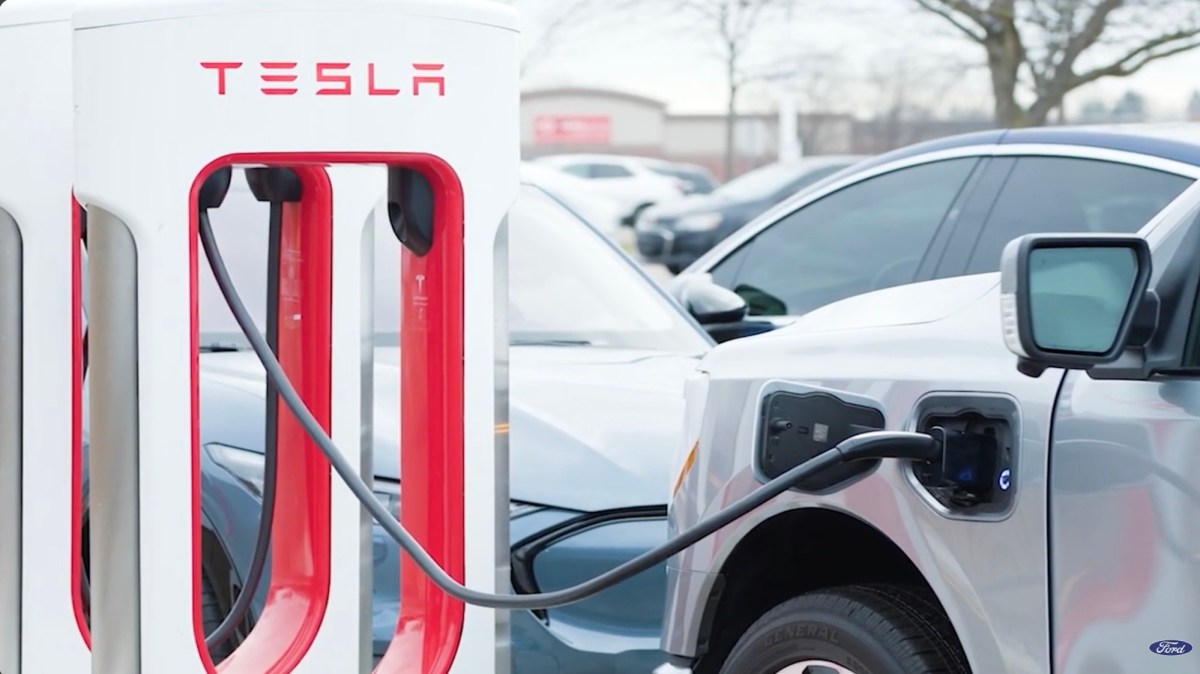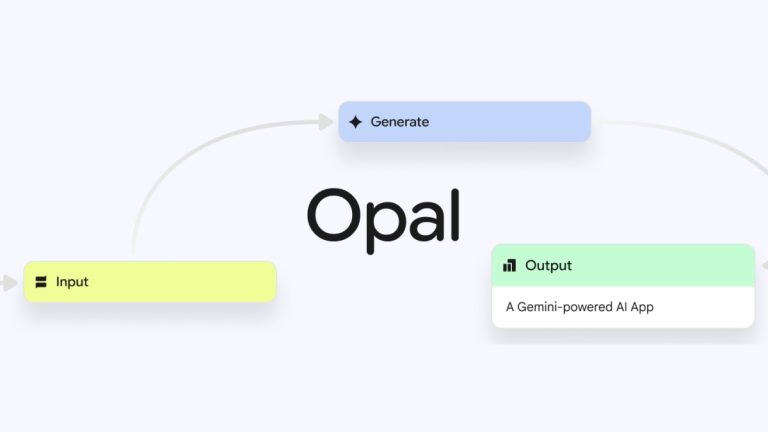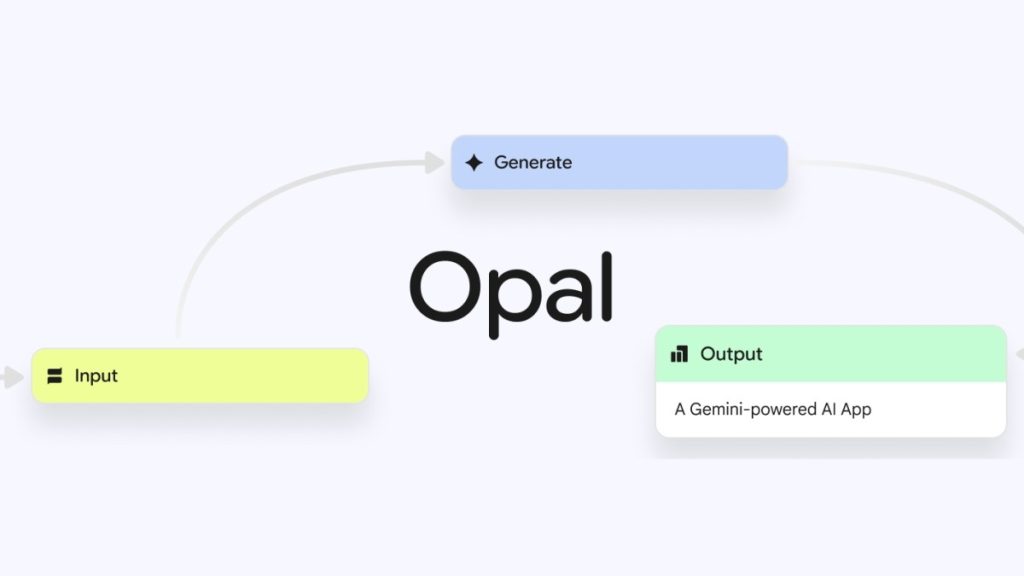As the adoption of electric vehicles (EVs) accelerates globally, innovators are exploring how these vehicles can do more than just transport people—they might also play a pivotal role in stabilizing energy grids. While concerns about EVs overloading power systems persist, forward-thinking companies are proving that EVs could instead provide critical support to aging infrastructure.
London-based startup Volteras is positioning itself at the forefront of this movement. With $11.1 million in Series A funding led by Union Square Ventures, the company is developing software to integrate EVs into energy grids as distributed battery resources. By connecting to vehicle APIs, Volteras enables bidirectional energy flow between EVs and power networks, transforming parked cars into dynamic virtual power plants. This approach allows utilities to tap into stored energy during peak demand, enhancing grid resilience without relying solely on large-scale storage facilities.
Volteras partners directly with automakers, including major players like Ford, BMW, Tesla, Stellantis, and Volvo, to access real-time vehicle data. This connectivity not only supports energy grid applications but also opens doors for fleet management, insurance telematics, and enhanced routing services. For instance, rental companies could remotely unlock vehicles using Volteras’ platform, while insurers might leverage driving data to create usage-based pricing models.
Challenges remain, including the limited availability of bidirectional chargers and inconsistent vehicle-to-grid (V2G) support across EV models. However, Volteras aims to overcome these hurdles by standardizing access through its API-driven platform. The company charges partners a per-vehicle monthly fee while sharing revenue with automakers, creating incentives for broader collaboration.
Though competitors like Texture and EV.energy are exploring similar territory, Volteras claims an edge with connections to over 30 automakers—covering what it projects will be 90% of the global automotive market by year’s end. This expansive network positions the startup to capitalize on automakers’ growing interest in recurring revenue streams from connected services.
While traditional automakers like GM have struggled to meet ambitious subscription-revenue targets, Volteras is betting that energy-focused applications will drive adoption. As CEO Peter Wilson notes, “The hidden data layer within EVs will shape how companies deliver value—whether through grid support, personalized insurance, or making EV ownership more affordable.” By bridging the gap between automotive and energy sectors, Volteras envisions a future where every plugged-in vehicle becomes a cornerstone of sustainable infrastructure.















